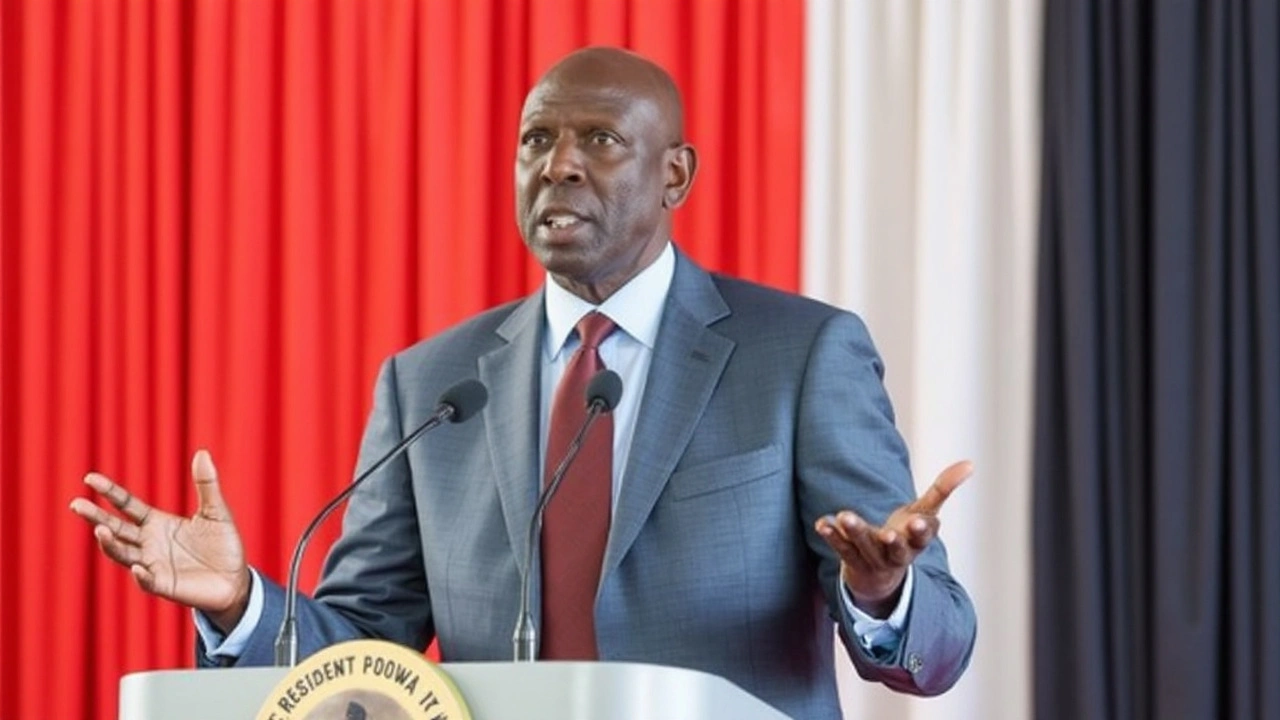Kenya protests: updates, safety tips and how to follow developments
Seen reports about demonstrations in Kenya and wondering what is actually happening? Protests in Nairobi and other towns often spring from specific events — economic strain, delayed public projects, and political disputes. For example, Kenya’s Auditor General Nancy Gathungu reported fines linked to idle foreign loans and delayed project payments that cost the treasury over Ksh6 billion, an issue that fuels public anger and debate. Other flashpoints include controversies over public titles and professional standards, like the Engineers Board asking a university to correct an honorary degree title. Those concrete incidents can turn into street action quickly.
Safety tips
If you are near a protest, safety comes first. Avoid the area if you can and change travel plans early. If you cannot avoid it, identify escape routes and safe meeting points beforehand. Keep your phone charged, share your location with a trusted contact, and carry a copy of ID and emergency cash. Stay on sidewalks and never block police lines. If police use tear gas or water cannons, move away from the source and cover your mouth with a cloth; rinse eyes with clean water later. Don’t engage with agitators or take risks to get a dramatic video. Your safety matters more than a viral clip.
Know your legal position. Kenya’s Constitution protects peaceful assembly, but police can disperse gatherings deemed unlawful. If stopped by officers, stay calm, ask clearly if you are free to leave, and avoid sudden moves. If arrested, you have the right to legal counsel—ask for a lawyer and refuse to sign anything until you’ve spoken to one. Note names or badge numbers when possible, and report rights violations to a local legal aid group afterward.
Where to get reliable updates
Want fast, reliable updates? Follow established Kenyan news outlets and cross-check between sources. National papers and broadcasters—Daily Nation, The Standard, Citizen TV, and NTV Kenya—often post live updates. Kenya Police uploads notices and routes on their official Twitter/X account. International outlets like BBC Africa and Al Jazeera run summaries but check local reporting for on-the-ground detail. Use multiple sources before sharing anything.
Thinking of helping? Support vetted charities or community relief groups, not random fundraisers. If you’re in Kenya, reach out to local bar associations or human rights groups to volunteer legally. If you're traveling, register with your embassy, monitor travel advisories, and avoid demonstrations entirely. Use taxis or ride-hailing early, keep accommodation contacts handy, and have a simple escape plan.
Trust but verify: don't forward raw clips without checking time and location. Look for multiple eyewitness reports, official statements, and timestamps. Screenshot wrongly framed claims and report them to the platform. Keep a small emergency kit—bottled water, basic first aid, and a portable charger. Share your plan with someone and agree on a check-in time.
Protests are dynamic. Stay calm, stay informed, and put safety first. If you need real-time help, contact local emergency services or your embassy. Stay aware and look out for neighbors.
